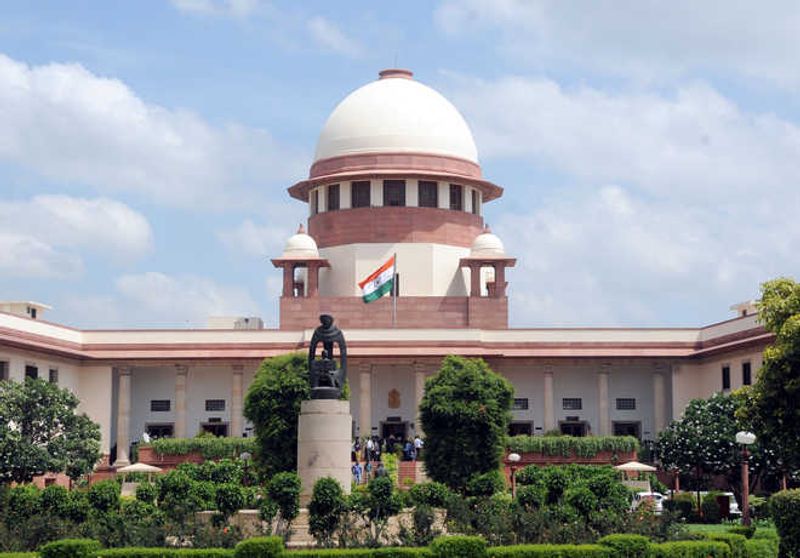The Supreme Court on Tuesday issued notices to the Centre and all states on the Presidential Reference on issues arising out of the top court’s recent verdict setting a deadline for assent to bills passed by state assemblies.AdvertisementA five-judge Constitution Bench led by CJI BR Gavai posted the matter for appearance of the parties on next Tuesday.The Bench — which also included Justice Surya Kant, Justice Vikram Nath, Justice PS Narasimha and Justice AS Chandurkar — proposed to hear the matter next month.On behalf of the Kerala Government, senior counsel KK Venugopal raised the issue of maintainability of the Presidential Reference.Invoking Article 143 of the Constitution, President Droupadi Murmu had in May sought the Supreme Court’s opinion on 14 questions arising out of its April 8 verdict fixing deadlines for Governors and the President to take a call on Bills passed by state Assemblies.In an unprecedented verdict, the apex court had restricted the President’s discretionary powers on Bills referred by Governors under Article 201 of the Constitution and set a three-month timeframe for her to decide on the Bills reserved for her consideration.Reserving a Bill on grounds such as “personal dissatisfaction of the governor, political expediency or any other extraneous or irrelevant considerations” is strictly impermissible by the Constitution and would be liable to be set aside forthwith on that ground alone, the top court had said. Murmu invoked Article 143 of the Constitution – a rarely used provision under which the President is empowered to consult the top court and seek its opinion on questions of law or fact.The Supreme Court’s opinion on a Reference under Article 143 is not binding on the President and it’s not a binding law within the meaning of Article 141. It’s open to the top court to answer the reference or not. However, in case it does not want to answer the reference, the court has to give reasons.In a landmark verdict, the Supreme Court had on April 8 set aside Tamil Nadu Governor RN Ravi’s decision to withhold assent for 10 Bills and reserving them to the President even after they were re-enacted by the state assembly, terming it “illegal and erroneous”.Exercising its plenary power under Article 142 of the Constitution, the Bench had declared that the 10 Bills would be deemed to have received the Governor’s assent when they were presented to him for the second time after having been passed by the state legislature again.While restricting discretionary powers of the President, a Bench led by Justice JB Pardiwala had said, “The President is required to take a decision on the bills reserved for his consideration by the Governor within a period of three months from the date on which such reference is received. In case of any delay beyond this period, appropriate reasons would have to be recorded and conveyed to the concerned State.”However, Murmu has sought to know if in the absence of a constitutionally prescribed time limit, and the manner of exercise of powers by the Governor and the President under Articles 200 and 201, respectively, the Supreme Court could impose timelines on exercise of powers by the two constitutional functionaries.


